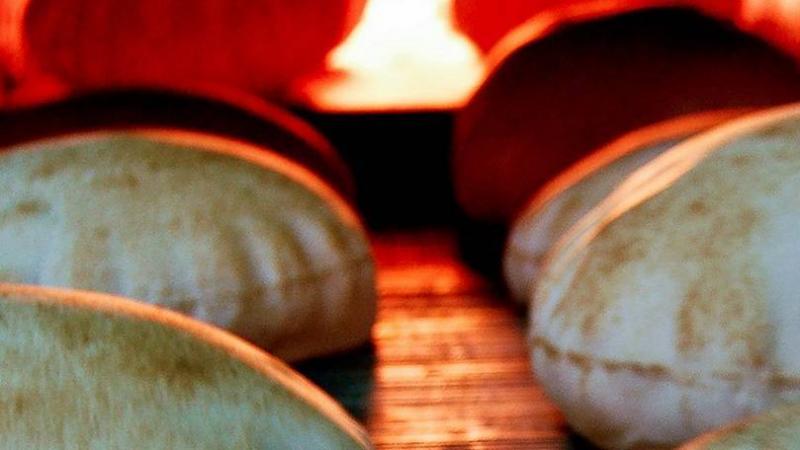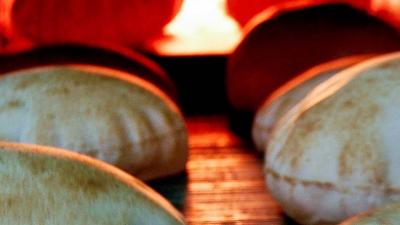For months, we have heard promises from the Ministers of Economy and Agriculture to activate wheat cultivation and purchase the produce from farmers, but to this day, we have not seen national flour. The government of President Najib Mikati, which promised in various ways to purchase hard wheat at a price lower than the world price by $50 to $100 per ton, in exchange for one ton of hard wheat for two tons of soft wheat for the purpose of Arab bread, has "broken its promise," according to lawyer Luay Ghandour. This has left farmers, who increased their planted areas by more than 30%, at the mercy of the need to sell for cash dollars and under the control of traders and smugglers. Ghandour believes this warrants a "lawsuit against the state before the State Council because the promise obliges the government."
What Ghandour raised is supported by Najib Faris, head of the Wheat and Grain Farmers Syndicate in Baalbek-Hermel, who stated that "Minister of Agriculture Abbas Al-Haj Hassan promised us before the parliamentary elections to purchase the wheat crop at $50 less than the global price, which is currently $550. Minister of Economy Amin Salam also made similar promises." However, with the harvest starting two weeks ago, farmers were surprised to find the promises evaporate, forcing many smallholders to sell their produce to traders for $400 to $420 to recoup the costs they paid in cash and dollars. The small farmer cannot "sleep" on their harvest, according to Faris, and prefers to incur a small loss to cover costs and ensure an income they desperately need, especially after all operational costs shifted to cash dollars due to the cessation of opening credits and facilities from traders.
Despite the burden the state has placed on farmers, promises continue to be made, with the latest according to official sources being "the transfer of the issue to the Prime Minister to see how it can be addressed." On another front, wheat farmer and representative of cooperative associations in the economic council and agricultural unions, George Hanna Fakhry, confirmed that many farmers previously submitted applications to cultivate wheat at the Grain Office in Bkeftine - Tal Amara but received no response. He added that according to the farming mechanism for wheat that the state purchases, he applied to cultivate 250 dunams as per the required procedures and submitted the necessary documents, yet nobody replied. He stressed that many farmers have lost faith in the state and did not wait for the state to purchase the crop, instead opting to sell it to traders who transport it to Turkey, Syria, and other countries.
The paradox is that Lebanon, which currently produces about 70,000 tons of wheat, 97% of which is hard wheat, used to be known for producing soft wheat. However, successive Ministers of Economy have shifted farmers to hard wheat so that they and their affiliates can benefit from subsidized wheat import deals and sell it to the state at a higher price. Faris urged the concerned officials to "allow the export of wheat since it is only suitable for pasta and bulgur production, or for the state to exchange it as Syria does with Italy and other European countries with soft wheat and pay the farmers in cash."




